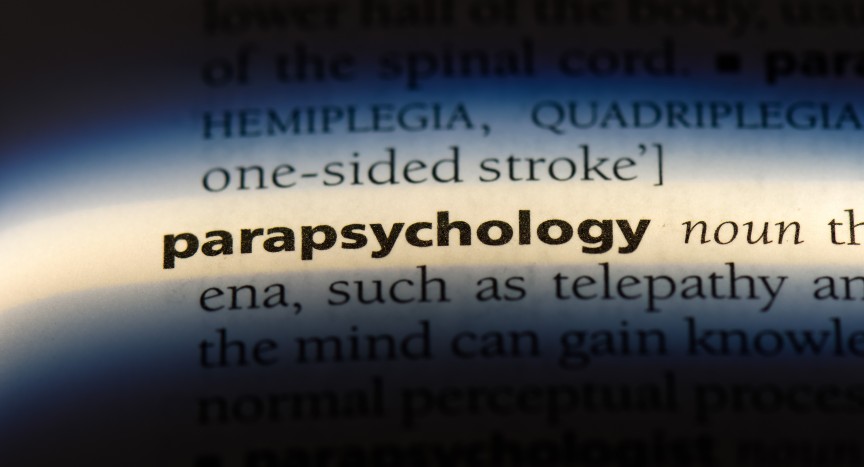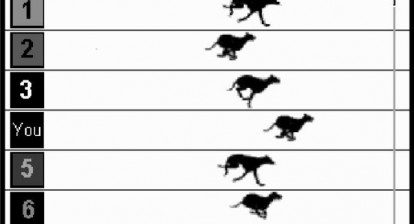If we break down the term ‘parapsychology’ into its Greek roots, para means “beside or beyond,” psyche means “soul or mind,” and logos means “rational discussion.” Literally, any rational discussion of phenomena beyond our current understanding of the mind could be termed parapsychology, but in practice scholars use different terms for different kinds of research. Nowadays, there are a variety of fields that engage in the rational discussion of such phenomena. In addition to parapsychology, there’s transpersonal psychology, consciousness studies, and anomalistic psychology. On top of that, there are some people studying parapsychological topics who don’t care for the term ‘parapsychology’ and call themselves ‘psi researchers’, just plain ‘psychologists’ or something else entirely.
When I first launched Public Parapsychology, I stated that it was “a web log devoted to advancing public scholarship in the field of parapsychology.” But after a few weeks, I realized that the majority of my own research was more aptly described by the term ‘anomalistic psychology’ and so I began making a distinction in my posts. However, there seems to be some confusion about what anomalistic psychologists do, and how it differs from parapsychology, so a short discussion is in order.
In simplest terms, parapsychology is the scientific and scholarly study of certain unusual events associated with human experience. Anomalistic psychology is the scientific and scholarly study of unusual beliefs or experiences.
Anomalistic psychologists attempt to explain paranormal beliefs and paranormal experiences in terms of known psychological and physical factors. Such research is directed towards understanding the bizarre experiences that many people have without assuming that there is anything paranormal involved. In my opinion, the best kind of research in anomalistic psychology also avoids assuming that there is not anything paranormal involved. In such research, the reality of psi has little or no direct relevance to hypotheses under study.
Ideally, all scientists would be objective and agnostic when it comes to matters of faith, but there are unstated assumptions and biases behind all modes of scientific inquiry. Some might take the separation between anomalistic psychology and parapsychology to imply that parapsychologists are believers in the paranormal or anomalistic psychologists are non-believers, but this simplistic outlook is not the case. Parapsychologists and anomalistic psychologists come from all walks of life and some individuals (myself included) engage in both kinds of research concurrently.
In the current academic climate, open-minded inquiries into unusual events are more controversial than inquiries into the experiences associated with those events. Therefore, research that looks at unusual beliefs or experiences tends to enjoy more institutional support and has an easier time getting published in mainstream journals. However, the fact that anomalistic psychology has more mainstream appeal does not make it a better or more rigorous science than parapsychology (or vice-versa). I see parapsychology and anomalistic psychology as partners chipping away at the same problem from different angles, therefore both approaches will get equal treatment at the Public Parapsychology Blog.
For more information, see “What is Parapsychology?” at the website of the Parapsychological Association or “What is Anomalistic Psychology?” at the website of the Anomalistic Psychology Unit, Goldsmiths College, University of London. For a recent example of parapsychological research, see my research summary of The Effects of Traditional Zulu Healing on a Random Number Generator. For an example of a recent anomalistic psychology study, see the summary on Self-Concept and Body Investment in Out of Body Experients.







